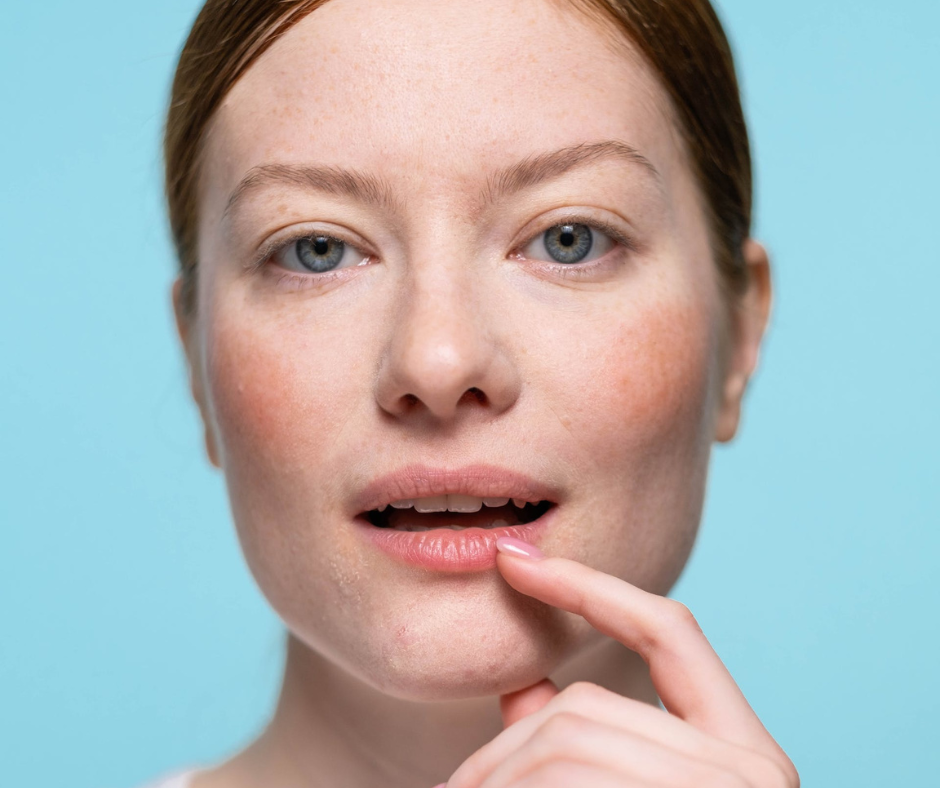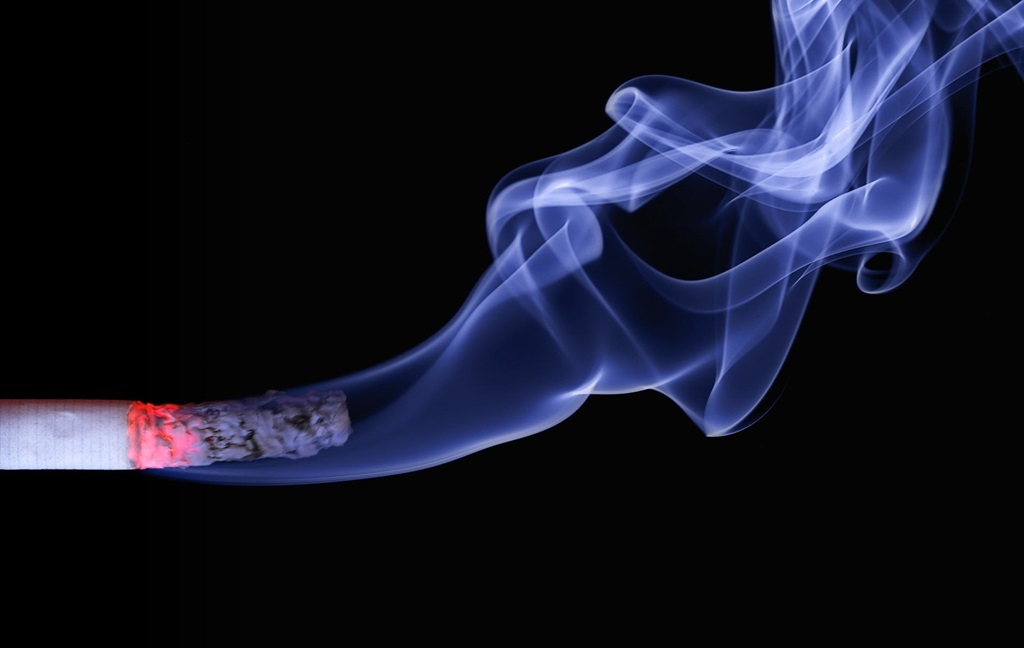Tooth Extraction Aftercare: Steps for a successful recovery
In some cases, tooth extraction may be the only solution to treat existing problems. However, many people are uncertain about what they should do after the procedure. Such questions can be, for example, what to eat or drink and how to brush your teeth. Today, it is no longer necessary to write down your dentist's instructions separately, as there are dental clinics where you also receive paper-based information. At 360 Dental Clinic, we pay particular attention to make sure you know exactly what to do after a tooth extraction.
In addition, you can find a lot of help on the Internet regarding after-treatment of tooth extraction. In this article, we have summarized what you should pay attention to and how long you should follow the things on the prohibited list in order to heal as soon as possible after tooth extraction.

Wound inspection after tooth extraction
The first hours after tooth extraction
After the tooth has been extracted, it is important to follow some basic rules to ensure that you do not injure yourself during the numbness or that the wound heals. What is recommended to pay attention to?
Local anesthesia & food consumption after tooth extraction
Before the tooth is removed, anesthesia is performed in two parts. The first step is the application of a gel (you must ask your dentist for this), which the doctor puts on the gums so that the local anesthetic injection that is administered afterwards does not hurt. During the injection process, the doctor makes sure that it is gentle, so the injection process itself will not be so unpleasant.
The effects of local anesthesia usually last for a few hours after tooth extraction, during which the mouth, face and tongue could be numb. You should pay attention not to eat anything during this time, because you can easily bite the inside of your mouth or your tongue without feeling it. Be especially careful with hot drinks immediately after tooth extraction, as they can cause burns, which will be really painful after the anesthetic wears off.
Bleeding and wound care
Do not be alarmed if the wound bleeds after tooth extraction, this is completely normal. To soothe this, place a piece of antiseptic gauze on the wound and clench your teeth on it.
Keep the gauze in place for 20-30 minutes, if the bleeding does not stop after that, repeat the process with another piece of gauze. Do not brush your teeth until you feel the effect of the anesthetic or until the leakage is strong, as this can also restart the bleeding.
By all means, avoid poking the wound with your tongue, spitting, and do not suck on the area of the tooth after tooth extraction. Be careful not to use a straw or light a cigarette, as you may accidentally suck the wound and start the bleeding again. It is worth waiting a few days with these activities in order to speed up the healing of the wound as much as possible.
Smoking after tooth extraction
It is important to avoid smoking after tooth extraction, because tobacco smoke dries out the mucous membrane and this can cause inflammation in the tissues around the wound. In addition, it can cause vasoconstriction, as a result of which the oxygen supply to the area deteriorates, making it more difficult for the wound after tooth extraction to heal. You should wait at least 2-3 days after thetooth extraction before smoking, because this way the wound will regenerate in a shorter time.

Smoking is not recommended
Taking painkillers after tooth extraction
If pain occurs after tooth extraction, NON-steroidal anti-inflammatory drugs are usually recommended to relieve it. However, always follow your doctor's instructions for taking pain killers and never exceed the recommended dose. If the pain after tooth extraction does disappear with medication, or if it gets worse, immediately contact your doctor.
The first days after tooth extraction surgery
When the numbness goes away, the wound itself and the area around it may ache a bit. It is worth following the doctor's instructions and only take a painkiller when it is really recommended. These modern drugs work very quickly, so you may not feel any pain around the wound.
Diet after tooth extraction
It is important to take care of the blood clot that forms after tooth extraction, as it will eventually fill the tooth space. In order for the wound to heal as soon as possible, wait for the first few days before eating hard and crunchy foods, as these can irritate the wound and make it difficult to chew. By the way, you can also press the healing area with it, which can be painful in addition to harming the blood clot with it.
Based on the diet after tooth extraction, you should be careful with lumpy, grainy foods and spices so that they do not get stuck in the wound or in the blood clot that is still jelly-like. If you feel that something has gotten into it, you don't need to panic, you can wash it carefully with a soft toothbrush, but make sure to only use a brush with soft bristles and only clean the area around the wound with slow, gentle movements. On the first day after tooth extraction, there may be minimal bleeding, but if you notice heavier bleeding, be sure to consult with your doctor.
Even for a few days after tooth extraction, try to avoid hot foods and drinks, as these can affect the blood vessels, which can cause bleeding and inflammation. Try to eat soft foods instead, such as soup or fruit smoothies without milk.

Avoid hot foods or drinks and those containing dairy products for a while
Alcohol and caffeine consumption after tooth extraction
Not only poorly chosen foods can hinder healing after tooth extraction, but also alcohol and caffeine consumption. Both substances tend to dry out the mucous membrane and cause inflammation around the wound, which can lead to complications after tooth extraction.
After tooth extraction, you should not drink alcohol for at least a few days, but preferably until complete recovery. Alcoholic drinks irritate the mucous membrane and dilate blood vessels, which slows down the healing process.
In addition, after surgery, a blood clot should form at the site of the extracted tooth, which can also be inhibited by alcohol consumption, and abnormal bleeding may occur as a result.
It is important to wait after tooth extraction before drinking caffeinated beverages, remember that teas can also contain caffeine, not just coffee and energy drinks. This is important because caffeine raises blood pressure, which can lead to bleeding problems, so it is worth waiting at least 3-4 days before consuming them.

After tooth extraction, wait until eating lumpy, grainy foods and dairy products
Dairy products consumption after tooth extraction
Milk (and other dairy products) should be avoided for at least 6-7 days, or even until the wound is completely healed. This is because there are bacteria in it that normally do not cause any problem, but if they get into the wound after tooth extraction, they can even cause inflammation. The same applies to cheese, other dairy products, but also to eggs and raw meat dishes.
More good advice from 360 Dental Clinic
We know that the period after tooth extraction can be really unpleasant, so we want to help you with some extra tips. If you follow them, you can boost your recovery and reduce pain a lot.
Immediately after the operation, avoid using mouthwash, brushing your teeth and rinsing in the classical sense, so that you do not accidentally remove the blood clot from the wound.
The next day, you should very carefully brush your teeth and the blood clot area with a soft toothbrush. Hygiene plays a very important role in wound healing after tooth extraction, so make sure you do it regularly. The soft-bristled toothbrush should be used until complete recovery, after which you can switch back to your usual toothbrush.
In the first few days after tooth extraction, it is absolutely important to rest and avoid strenuous physical activity. If you do not follow this, your blood pressure may rise and even the clot may come out of the wound. Also, try to keep your head higher than your heart to reduce the possibility of swelling.

Please follow our advice so that you too could smile as happily after your recovery!
The long-term recovery after tooth extraction
Swelling and bruises are normal after a tooth extraction and usually go away within a few days. Don't worry, these unpleasant symptoms will not remain, even if something like this appears on your face right after the tooth extraction.
Normally, your symptoms should go away within a few days, but at least a week, if there were no complications after tooth extraction. If the pain, swelling or bleeding does not decrease, contact your doctor. It is not worth delaying this, as more serious complications may develop. If you have a fever, or if the area around the wound is red, swollen, or pus-filled, it may be a sign of infection and you should see a doctor immediately.
Once the wound is completely healed, you can continue with your usual oral hygiene routine, including brushing and flossing. This is how you know that it has healed, that the blood clot has solidified completely and you can no longer feel the wound with your tongue. It is worth checking this with a mirror, or even asking for the oral surgeon's opinion when removing stitches.
If no stitches were needed or if you received an absorbable suture during the operation and everything went well during the healing process, you do not need to go back to the dentist. However, it is recommended that you attend a dental check-up at least once a year to ensure the health of your teeth and oral cavity. This way, your dentist can notice any problems in time and treat them immediately.
Tooth extraction lives in the minds of many as a painful intervention, but it does not have to be like that in reality. With the right anesthesia, we help you hardly feel the removal of the tooth, and thanks to the expertise and advice of our doctors, recovery can be quick.
If you need professional intervention, contact us at 360 Dental Clinic!
2024-01-02


